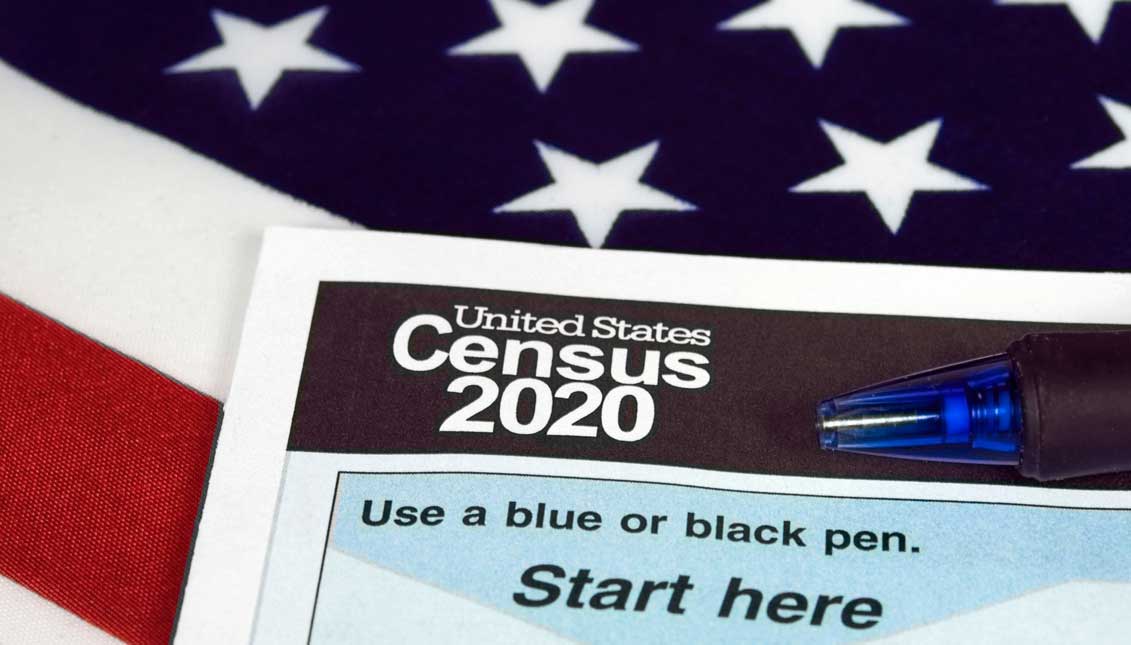
Citizenship question would muck up census results
MÁS EN ESTA SECCIÓN
Vincent P. Barabba and Kenneth Prewitt, both past census directors, made these statements in a Washington Post op-ed last summer, when they warned the nation that the Trump administration was on the verge of really mucking up the decennial count.
Now that Secretary of Commerce Wilbur Ross has ignored the best advice of career officials at the U.S. Census Bureau and insisted on reintroducing a question about U.S. citizenship that hasn't been asked since the 1950 census, a lot of people are worried.
The Leadership Conference on Civil and Human Rights, for instance, released a statement calling the last-minute addition "untimely, unnecessary, and untested," adding that it would "undermine years of painstaking preparation and increase costs significantly, putting a successful, accurate count at risk. The question is unnecessarily intrusive and will raise concerns in all households -- native- and foreign-born, citizen and non-citizen -- about the confidentiality of information provided to the government and how government authorities may use that information."
Less diplomatic reactions from Hispanic leaders and immigrant advocates called the move another intimidation tactic, discriminatory and just plain racist.
Others are wondering: "What's the big deal?"
Well, that all goes back to getting the forthcoming census right -- which means obtaining the most accurate count. Those in favor of sussing out the number of unlawfully present immigrants via census data may come out losing the most if immigrants and others are afraid to be honest with census takers.
"The census is a really important tool that impacts how local communities, states and the federal government look at budgeting decisions for everything from schools, hospitals -- all kinds of services. It's also how we redraw legislative and congressional districts," Karen Hobert Flynn, president of Common Cause, a nonpartisan watchdog group, told me. "Whether you get fair representation or the services you need depends on not undercounting communities."
Meanwhile, there are those who believe that if some immigrants are scared off by the citizenship question, that's fine, because those residents should be neither counted nor rewarded for their unlawful status.
There are two counter-arguments to this.
CONTENIDO RELACIONADO
No. 1: We are a nation of laws. And many laws come straight from the Constitution, which calls for the most accurate possible enumeration of all persons -- including non-citizens, and other types of residents -- every 10 years. Really, on this point alone, it hardly matters who gets what from census data; it's a matter of national security and decent stewardship to attain the most accurate count we can.
No. 2: We are a nation of interconnected communities, and -- try as we might -- we cannot harm the "others" among us without harming ourselves.
"An inaccurate census impacts all Americans, not just Republicans or Democrats," said Arturo Vargas, the executive director of the National Association of Latino Elected and Appointed Officials' Educational Fund. "Anyone who lives in a state that has people of color will be detrimentally affected if they are not fully enumerated."
He told me that, for instance, Alabama has seen a significant increase in immigrants (that population is now at 164,000 according to the Migration Policy Institute). If this population is not fully counted, the southern, solid-Republican state may lose a congressional seat in reapportionment, he said.
Other red states are in the same boat. Arizona has 935,000 immigrants from all countries, Missouri has 249,000, South Carolina has 238,000, Utah has 252,000, Oklahoma has 228,000, Kansas has 206,000 ... you get the point.
"Every community is harmed, every community stands to miss out," Vargas told me. "Over $600 billion in federal funds are based on formulas that are based on census data, including highway construction, school-lunch programs, Medicare and health care programs. ... Those communities that do not have a complete count will get less funding for these services, which they are fully entitled to. A miscount, an undercount, a failed or inaccurate census harms everybody."
So far, at least 12 states have indicated they will file suit against the Trump administration to stop inclusion of the citizenship question on the 2020 census.
Even if those states prevail, there will surely be lingering worry that census takers are aiding Immigration and Customs Enforcement agents in deportations. Meanwhile, the cost of the fear the administration is sowing about the upcoming census will net out to about 10 painful years of living with faulty population data.






DEJE UN COMENTARIO:
¡Únete a la discusión! Deja un comentario.